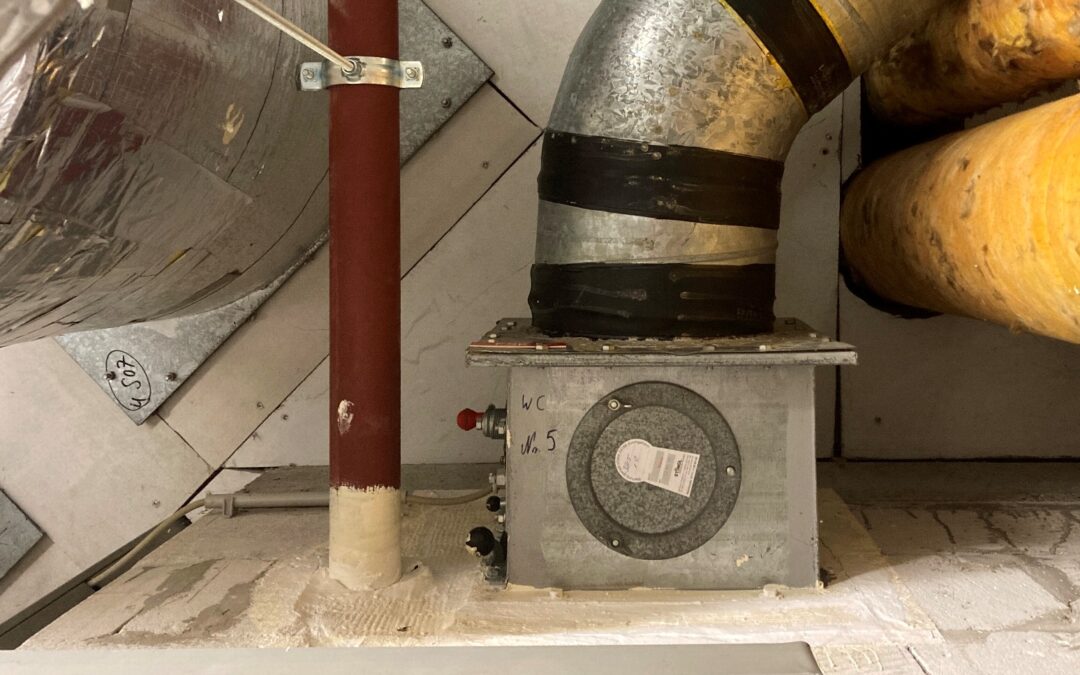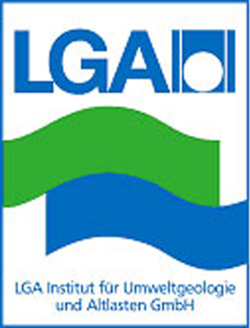New Mantelverordnung
In July 2021, the German legislature published the new Mantelverordnung (” Regulation on the Introduction of a Substitute Construction Materials Regulation, on the Revision of the Federal Soil Protection and Contaminated Sites Regulation and on the Amendment of the Landfill Ordinance and the Commercial Waste Ordinance”). It essentially consists of the following parts:
- Substitute Construction Materials Regulation (Ersatzbaustoffverordnung, EBV)
- Federal Soil Protection and Contaminated Sites Regulation (Bundes-Bodenschutz- und Altlastenverordnung, BBodSchV)
- Amendment of the Landfill Ordinance (Änderung der Deponieverordnung, DepV)
- Amendment of the Commercial Waste Ordinance (Änderung der Gewerbeabfallverordnung, GewAbfV)
The regulations of the Mantelverordnung come into effect on 1 August 2023.
Substitute Construction Materials Regulation (EBV)
An essential part of the Mantelverordnung is the introduction of the Substitute Construction Materials Ordinance (EBV), which for the first time defines legally binding requirements for the production and use of mineral substitute construction materials (including recycled construction materials from construction and demolition waste, soil and excavated material, rail ballast) on a uniform national basis. The EBV thus replaces the Bavarian RC Guideline (Guideline “Requirements for the utilization of recycled building materials in technical structures”) as well as the LAGA Leaflet M20.

Treatment of concrete waste
The production of mineral substitute construction materials (MEB) is carried out in plants in which the mineral materials are treated in a quality-controlled manner (e.g. sorted, separated, crushed, screened, cleaned). Compliance with pollutant limits must be ensured by the manufacturers. In addition, materials containing pollutants are to be removed from the recycled construction material cycle in the course of the (analytical) acceptance inspections by the manufacturers. This also applies to pollutants for which there are no material values according to EBV (e.g. asbestos, even at contents < 0.1 mass %).
The use of quality-controlled MEB is primarily restricted to technical structures (e.g. roads, railroads, paved areas, excavation pits, pipe trenches, backfills, noise and visual protection walls). Depending on the pollutant content and the resulting material classes, the EBV specifies adapted placement options that must be observed by the user when placing the material in the technical structure in accordance with the local hydrogeological conditions. This is intended to minimize pollutant inputs through seepage water into soils and groundwater and to exclude contaminations. Additional water law permits are therefore not required.
When the EBV comes into effect on 1 August 2023, there will be a more comprehensive documentation obligation in future in accordance with Section 25 (4) EBV, which will apply to operators of treatment plants, to users of the MEB and, above all, to property owners.
Federal Soil Protection and Contaminated Sites Regulation (BBodSchV)
The content of the BBodSchV was adapted to the current state of scientific knowledge in the course of the Mantelverordnung. What is new is that in the future, for the first time, the BBodSchV will also regulate the placement or insertion of materials below or outside of a rootable soil layer in a uniform and legally binding manner throughout Germany. The backfilling guideline (backfilling of pits, quarries and opencast mines, „Verfüll-Leitfaden“) that has been valid in Bavaria up to now will then be superseded, provided that there is no state-specific regulation by the deadline of 1 August 2023.

Soil profile

Soil erosion
In addition to the chemical influences on soils, which are assessed by means of precautionary values (new parameters and methods of determination, adjusted limit values!), in future the aspects of physical impacts and soil erosion, which can irreversibly change the soil condition and negatively affect the natural soil functions, will be considered more strongly. In addition, for construction projects with an area > 3,000 m², soil monitoring (incl. development of a soil protection concept) can be required by the authorities in accordance with § 4 (5) BBodSchV.
Landfill Ordinance (DepV)
According to the amended DepV, certain MEB that have been quality-controlled in accordance with EBV (primarily materials with lower contamination levels) may in future be landfilled without additional declaration analyses.
Commercial Waste Ordinance (GewAbfV)
The requirements of the GewAbfV remain unchanged. The scope of application is extended to MEB as well as to mixtures of MEB and natural construction materials.
As the scope of analyses (parameters) and investigation methods will change within the framework of the Mantelverordnung, especially in the EBV and the BBodSchV (e.g. in the future column / shake eluates with 2:1 W/F ratio), old investigation results (e.g. according to LAGA M20) will then only be comparable with results according to EBV to a limited extent. For this reason, the new EBV specifications must already be taken into account in current tenders and in construction projects whose execution begins before the deadline of 1 August 2023.
Our services to you include:
- Declaration analyses according to the specifications of the EBV
- Analyses within the scope of plant production controls
- Analyses according to the requirements of the amended BBodSchV
- Setting up soil protection concepts
- Soil monitoring during construction
- Ausschreibungen
- Further services within the scope of contaminated site management, pollutant investigation of building substance as well as recycling/disposal of construction wastes

Bernd Malkmus
Diplom Geologist
Phone: +49 911 12076 112
Telefax: +49 911 12076 110
Mobile: +49 151 16 76 50 43
Bernd.Malkmus@LGA-geo.de

Fabian Ziegler
M.Eng. Chemical and Process Engineering
Phone: +49 911 12076 103
Telefax: +49 911 12076 110
Mobile: +49 172 53 27 369
Fabian.Ziegler@LGA-geo.de
LGA Institut für Umweltgeologie und Altlasten GmbH
Christian-Hessel-Str. 1
D-90427 Nürnberg
Phone: +49 911 12076 100
Telefax: +49 911 12076 110
info@LGA-geo.de
bewerbung@LGA-geo.de
News
Impulse Online Edition
LGA Impulse - Online Edition With the current...
Asbestos – Article in the NN from 02.07.2024
Asbestos - Article in the NN from 02.07.2024 Our expert...

Successful recertification according to ISO 9001
Successful recertification according to ISO 9001 Posted on...

Demolition of old coal silos
Abbruch von acht 33 m hohen Kohlesilos am Kraftwerk...

VDI guideline on asbestos-containing BSK
Fire dampers containing asbestos - New VDI guideline...
Older articles
